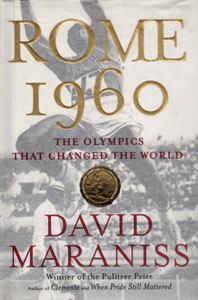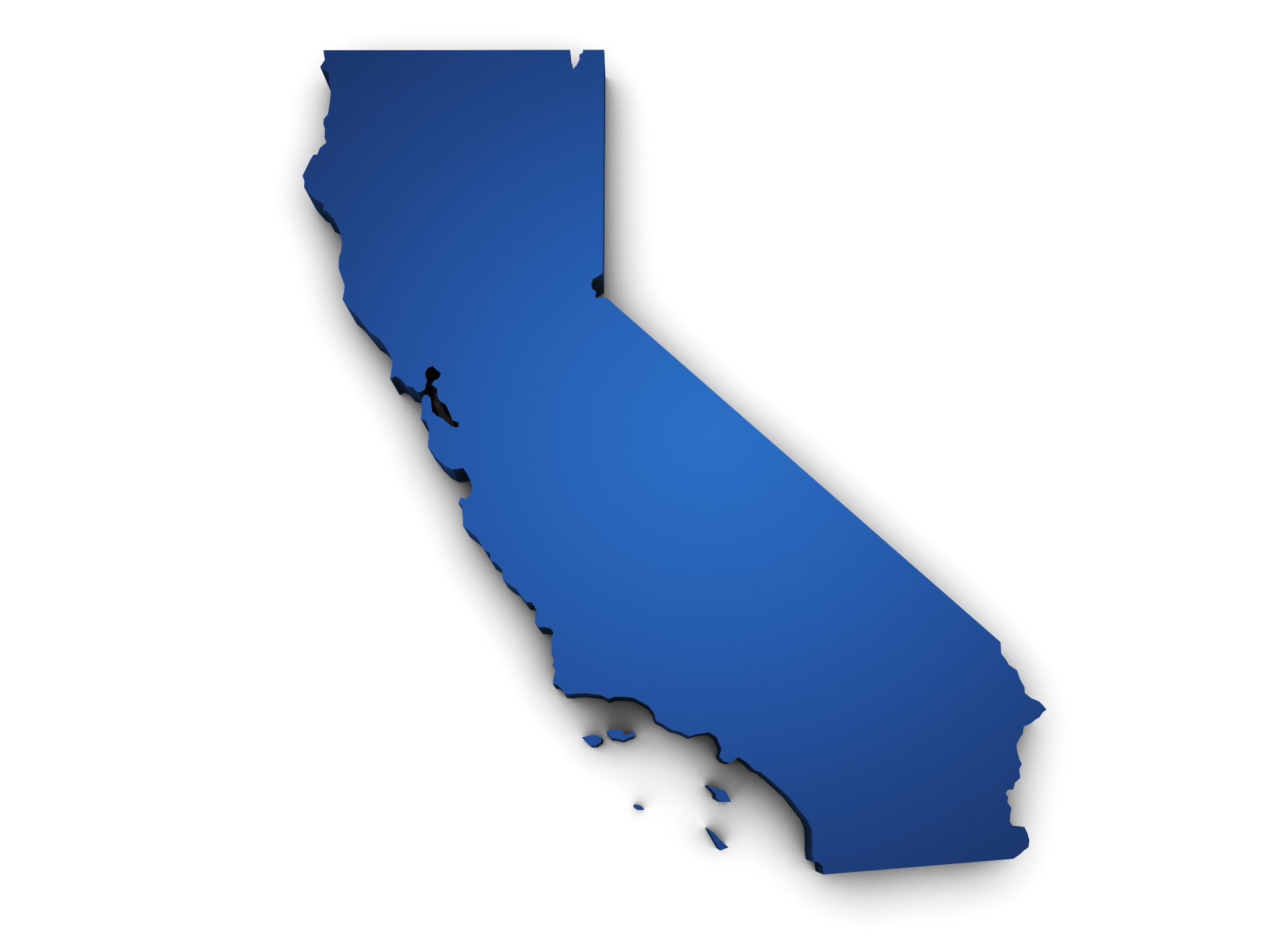Despite the ridiculous plethora of world records set at the just recent FINA World Swimming Championships in Rome, the entirety of the overall aquatic competitions was both historic and exciting for viewers in the USA. Thanks, in great part, to NBC/Universal Sports’ outstanding coverage.*
Nearly 50 years ago, the city of Rome played host to the world for the XVII Olympiad. David Maraniss book on these Olympic Games tells many stories that show how these events fit into the climate of the world by taking us through the scheduled events nearly day by day.
Though the emphasis of his writing is somewhat focused on the track and field participants of Decathlete Rafer Johnson and Sprinter Wilma Rudolph and her Tigerbelle teammates, (note the results section), the other Olympic events and competitors are far from ignored.
Swimmers with stories or anecdotes shared include Hall of Famers Lynn Burke, John DeVitt, Jeff Farrell, Dawn Fraser, Jon Hendricks, Eleanor Holm, Lance Larson, Frank McKinney, Bill Mulliken, Dick Roth, Mike Troy, Donna de Varona, Chris von Saltza and Anne Warner.
Legendary USA coach Peter Daland figures into the ‘infamous’ story surrounding the finish of the men’s 100 meter Freestyle between the Aussie DeVitt and the American Larsen. And though the USA women’s swim team tore it up it the pool, their post Olympic flame was somewhat extinguished by an immediate return to the States.
Besides the Olympic cornerstone sports of swimming and track & field, ROME 1960 also gave us highlights in many other sports and many now famous athletes such as a very young Cassius Clay and a basketball team from the USA that included Jerry West, Oscar Robertson and Jerry Lucas.
The 1960 Olympics were the first to be televised on a world wide basis — though the coverage, as one might imagine (or maybe even remember), was far from the hundreds of hours of taped and ‘live’ coverage that we were able to watch last summer from Beijing.
Rome also brought about the first doping scandal of the modern Olympics (though there have been reports of drug use back to the ‘36 Games in Berlin). Amateurism was beginning to lose its standard as the Dassler brothers of adidas and Puma lured athletes to wear their shoes on the track. Athletes from the Eastern Bloc seemingly did not have to hold ’real’ jobs while they trained and competed.
Other larger social and political clouds also hung over the Rome Olympic Games. Racism was still very apparent and widespread in the USA. The cold war was in full swing between the USA and Russia. There was a dispute over the two Chinas. West and East Germany competed as a unified team less than a year before the building of the Berlin Wall.
ROME 1960…The Olympics that changed the world…
ROME 1960…a grand success that you will want to read as a fan of swimming, sport and/or the Olympics.
*With NBC/Universal Sports broadcast of the Super League Finals in June, the re-showing of both the men’s and women’s final games from ’Beijing and many games during the first week of coverage from the World Championships in Rome, it marked the most television coverage of the sport of water polo in history. Ditto that during the first week of coverage for the sports of synchronized swimming and open water events.



